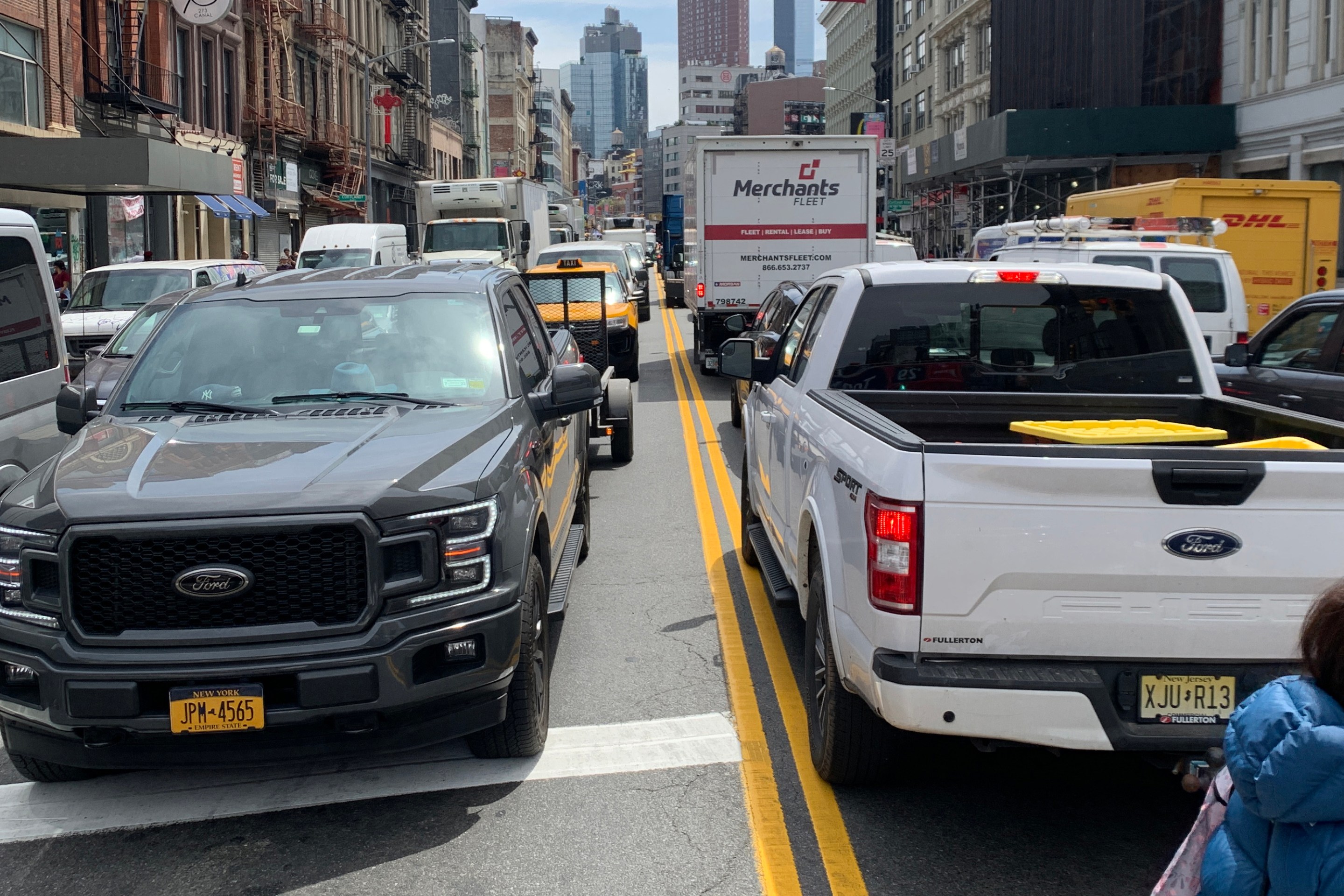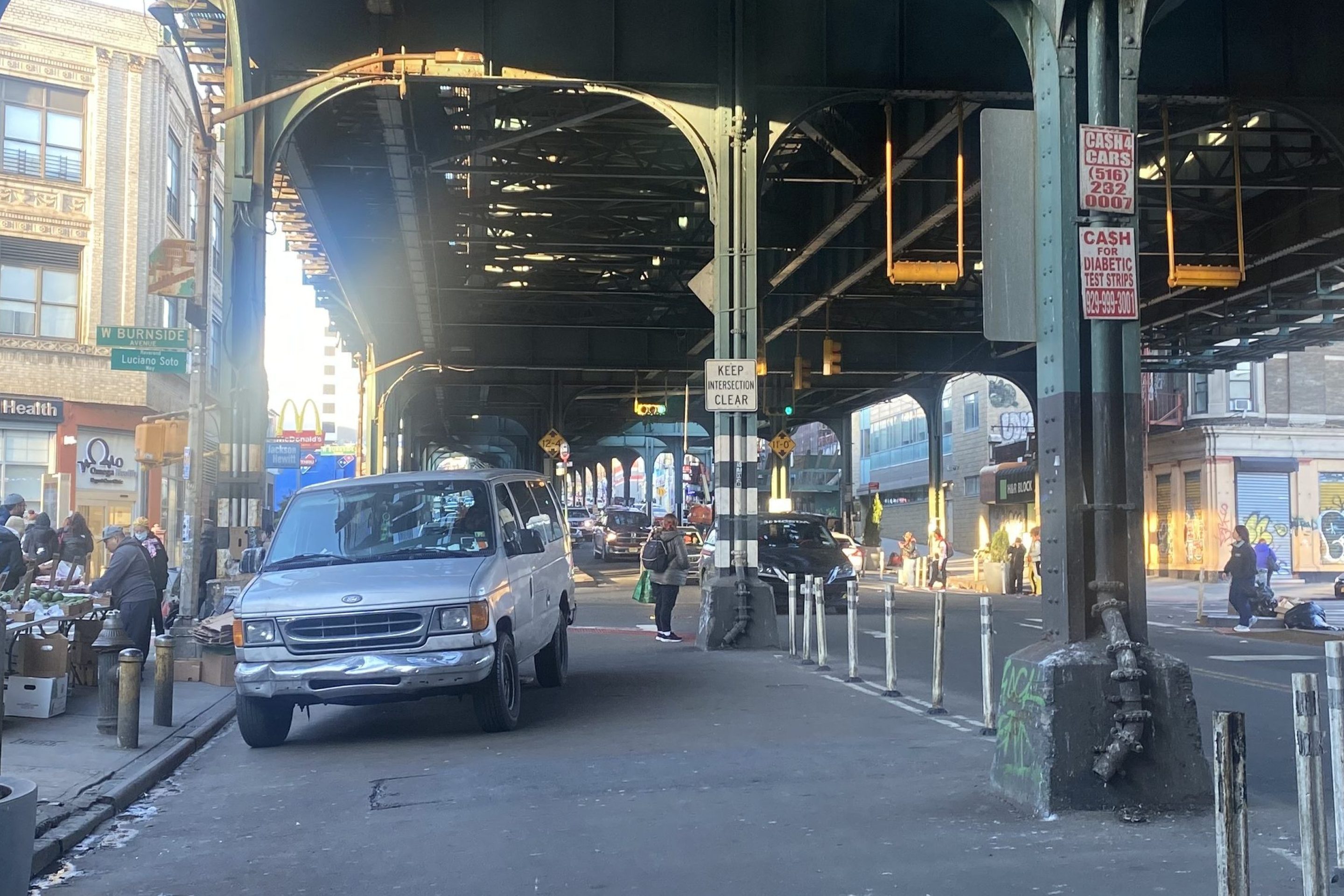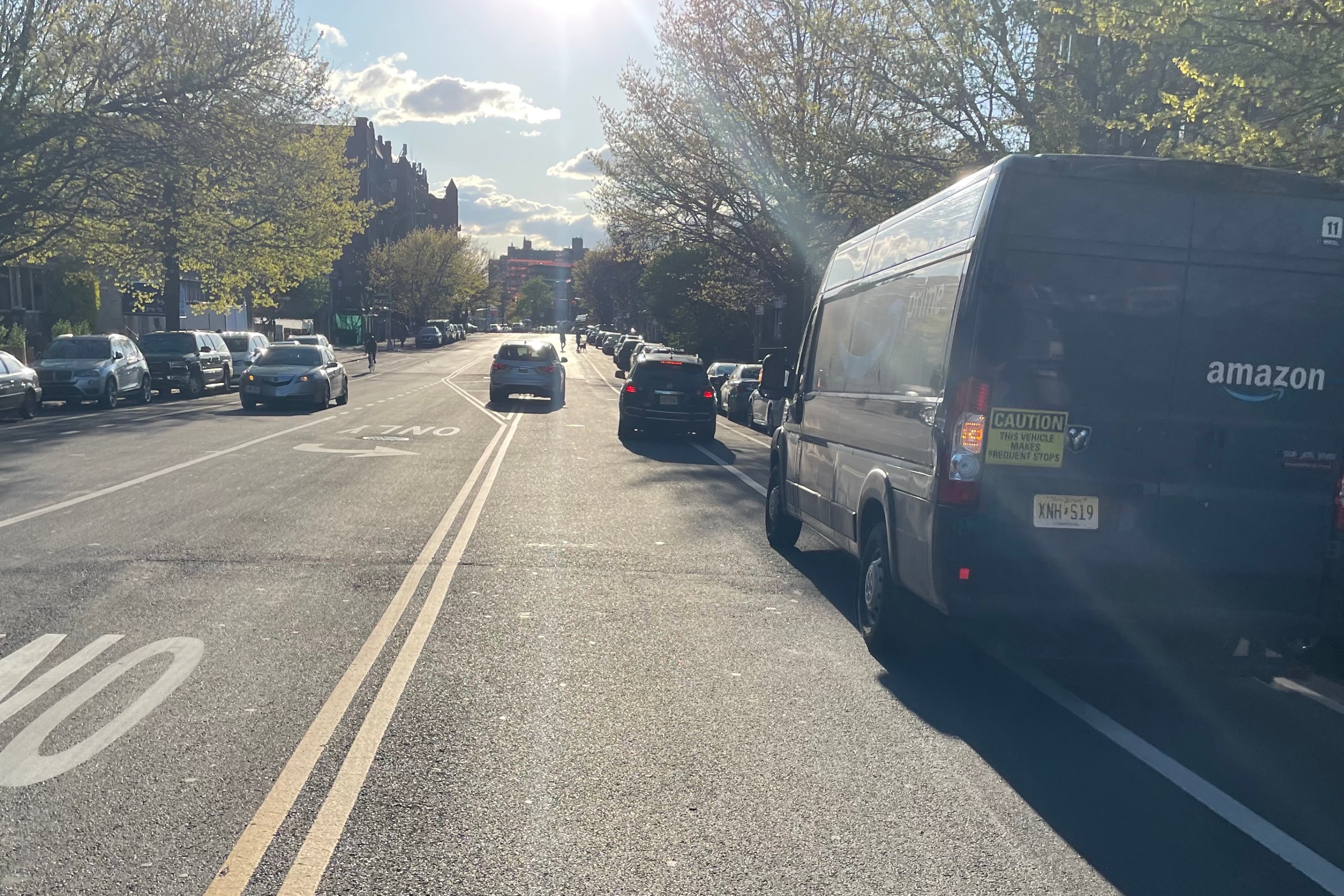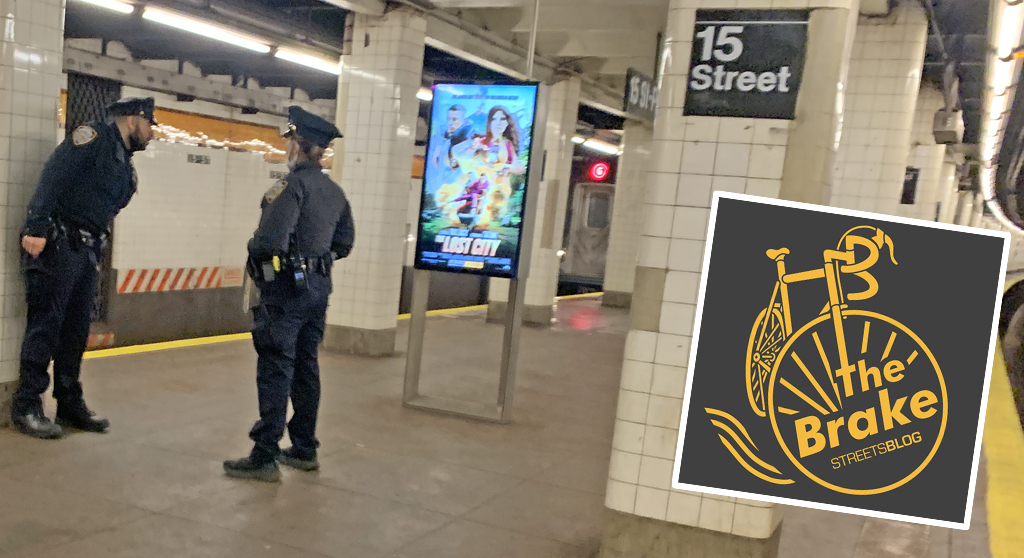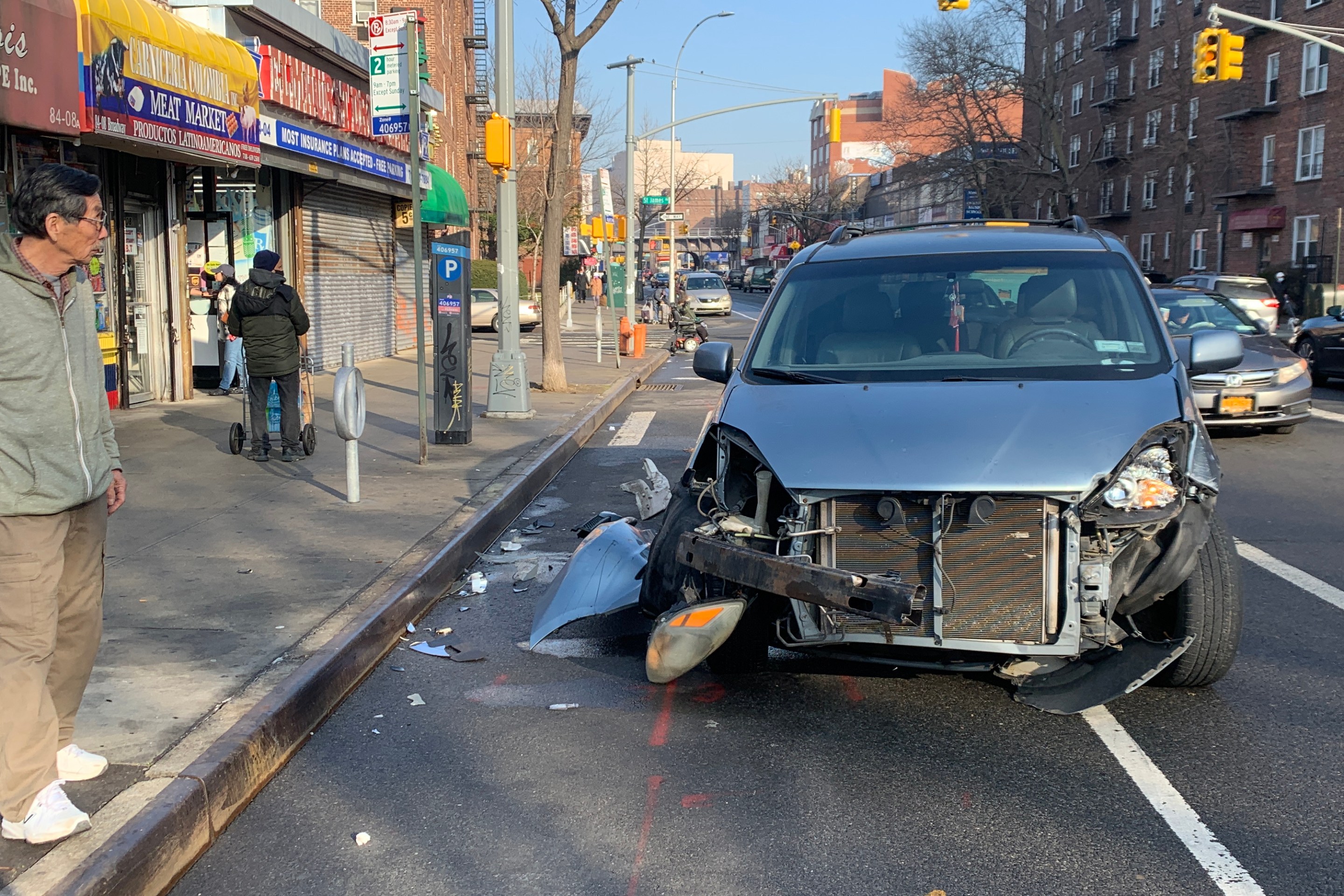Last week, the Mayor's Office of Long-term Planning and Sustainability released its newest report, "Exploring Electric Vehicle Adoption in New York City" [PDF]. In a breezy 22 pages, it lays out some strategies to maximize electric vehicle purchases by so-called early adopters in the next five years.
As a sustainability initiative, the merit of the proposal depends on whether trips in these new electric cars will replace trips powered by internal combustion or trips by foot, bicycle, and transit. According to the report, electric vehicles charged on New York's grid would emit as little as a quarter as much carbon per mile as conventional automobiles. "Electric cars are cleaner than conventional vehicles," said Natural Resources
Defense Council vehicles analyst Luke Tonachel, "but walking,
biking, and transit are all cleaner still."
Switching to electric cars also does little or nothing to improve street safety, decrease congestion, or promote good urban design -- impacts that also benefit more sustainable modes of transport. Which seems to have been overlooked elsewhere, even in countries with enlightened transportation policies. As Charles Komanoff wrote on Streetsblog in November, Denmark's roughly $40,000 tax on conventional automobiles doesn't apply to electric vehicles, and EVs get free parking in downtown Copenhagen -- big perks that will lead more people to drive and fewer to bike or use transit. So is New York City planning to subsidize electric cars the same way they're doing in Denmark?
Thankfully, the PlaNYC report doesn't recommend using financial incentives to push people toward electric vehicles. "The absence of endorsements for such subsidies is a strong signal that the Bloomberg administration does not intend to follow Denmark’s mistake of subsidizing EVs in ways that would encourage more driving," said Komanoff. "This is very good news."
Instead, the report offers policies that mainly remove barriers for people already willing to pay a premium to own an electric car. The recommendations are pretty mild, like educating potential buyers about electric vehicles and then assisting them in finding or installing charging equipment. (The report also includes some fascinating insights into the psychology of early EV adopters. Because "not only do early adopters want to be the first on their block to own the latest vehicle technology, they would like everyone else on their block to be aware of this fact as well," it suggests recognizing early adopters, perhaps by planting trees in front of their homes.)
The big policy choices will come when or if the city decides to promote electric vehicle usage beyond the small set of early adopters. If electric vehicle production scales up in the next few years, the report suggests that the city should expand its focus to a new set of consumers. The city's response targeted at those consumers is the one to watch out for.

